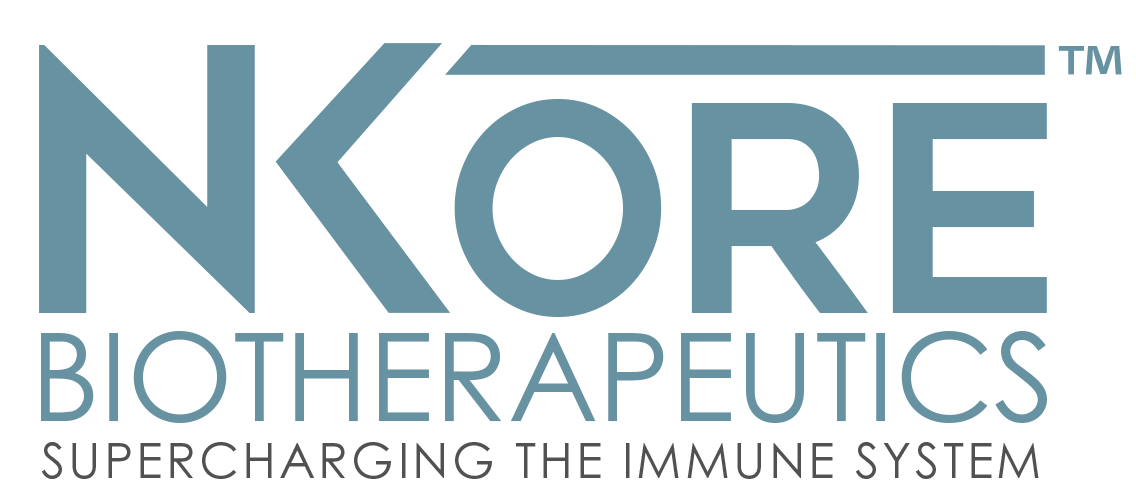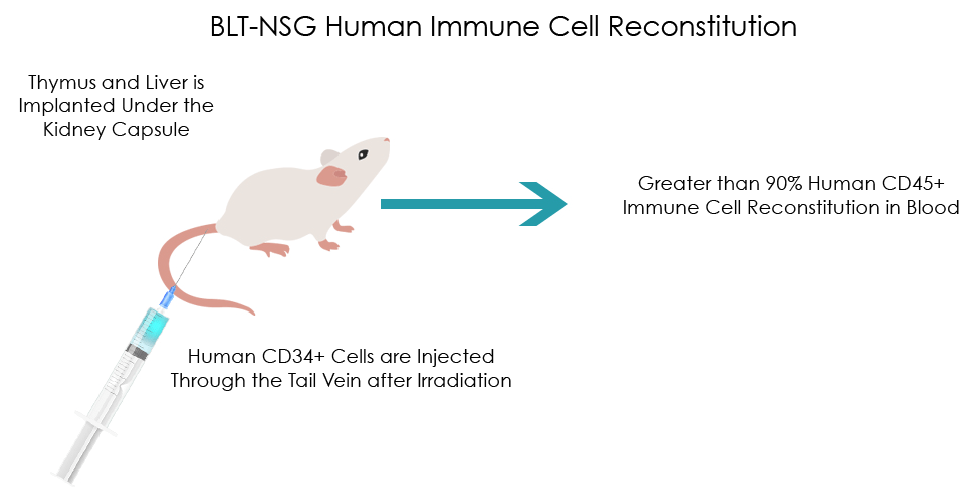Developing a New
Approach to Cancer
Immunotherapy
Supercharging the Innate Immune System™
Just as T-cells are the core of the adaptive immune system, Natural Killer (NK) cells are the core of the innate immune system. As such, NK cells are unique in their ability to identify and destroy cancer stem and stem-like cells and trigger the differentiation of aggressive undifferentiated tumors to make them more susceptible to other forms of cancer treatment, including chemotherapy, radiation therapy, check point inhibitor therapy, and CAR-T therapy. These characteristics are unique to NK cells and demonstrate why they are indispensable in the development of more effective, less toxic treatment options for patients.
The future of cancer treatment is cellular-based immunotherapies using allogeneic or autologous Supercharged NK Cells™ that can be used alone or in combination with other treatment options to significantly improve patient outcomes while lowering the overall cost of care.
Our Previous Studies
- Natural Killer cells target and kill cancer stem cells but not their differentiated counterparts
- NK cells play a significant role in differentiation of cancer stem cells
- CD16, NKp46 and TLR triggering on NK cells mediate cellular differentiation
- Osteoclasts, Dendritic cells and Monocytes are major inducers of NK cell activation
- Secreted and membrane bound TNF-a and IFN-g from NK cells mediate differentiation of cancer stem cells
- Activation of NK cells is governed by the functions of Cystatins and Cathepsins
- Super-charged NK cells in humanized mice kill and differentiate stem-like oral and pancreatic tumors and inhibit progression of these tumors; and therefore they are currently under production for use in human clinical trials.
- Review and commentary (Current Opinion in Immunology 2018, 51:170–180)
Advancing Research Using Humanized Mice
Dr. Jewett’s patented technology takes normal mice, and turns them into “humanized mice” that pump human blood, which makes them over 90% more similar to humans. This results in pre-clinical trials that are more successful when moving from animal models to human trials.
Major Defects in NK Function in Cancer Patients
- Decreased ability to expand under the best expansion methodologies
- Decreased cytotoxicity against cancer stem cells
- Decreased ability to release IFN-g secretion
- Dysfunctional IFN-g
- Lack of ability to differentiate tumors resulting in the lack of tumor growth inhibition
Increased Incidence & Risk of Cancer with Low NK Cell Function
Get in Touch!
NKore
The Research
Join Our Newsletter
Contact Us
Thank you for contacting our team at NKore!
We will get back to you as soon as possible.
Please try again later.
All Rights Reserved | NKore Biotherapeutics, LLC | Privacy Policy | Terms of Service

